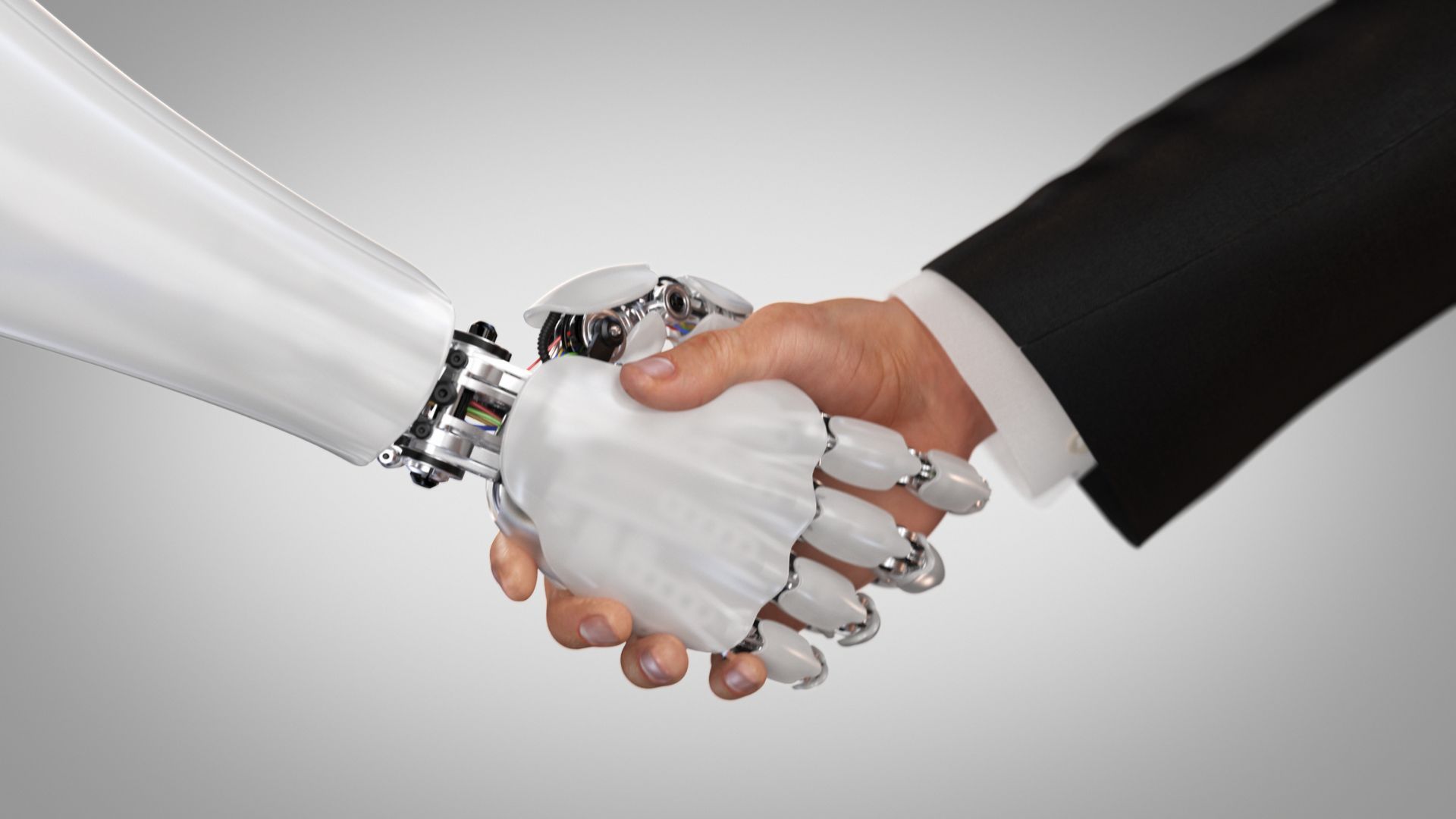How to Create Success in Newly Promoted Managers
Default Author • February 3, 2021

Hey, don’t forget, new Managers need training. People leave managers, not companies.
One common complaint we hear from job seekers when we are deciphering their ideal working environments, is that they often feel unsupported by their managers.
As we dig further, it becomes all too apparent that in many organisations, newly appointed managers are not receiving the support they need in order to be successful in their role. This creates a knock-on effect of employees not feeling supported and before you know it – you have a vicious cycle on your hands.
Thinking about promoting one of the team into a managerial position?
Getting to the nub of the issue, success starts right at the beginning of the promotion phase with several questions that need answering:
- Are the right people being promoted?
- What qualities should a good manager have?
- What ongoing should the organisation offer?
Before going any further, consider the following to ensure you are fostering a collaborative environment for the entire team.
Q1: Does your employee actually want to be a manager?
This question may seem very obvious but for some reason, all too often, it is overlooked in the wider scheme of workforce planning. But the reality is … not everyone wants to be a manager. And that’s okay.
Success lies in promoting employees who truly want to lead and can handle all the responsibilities that come with their new job title.
Great managers believe that the goals of others are as important as their own and as such, make the time for others. They build meaningful relationships that can then serve to achieve results together, as a team. So, does this person enjoy helping others achieve their goals?
The impact of poor managers can be catastrophic. Decreased employee morale, increased staff turnover, increased absenteeism, reduced market share and a reduced bottom line – so finding someone who actually wants to manage and understands what it means to be a leader, is essential.
Q2: Is the manager a communicator or listener?
We all know that communication is the foundation of every successful relationship but the fact is; ‘the soft stuff is the hard stuff’ for most managers.
Managers need to communicate with all employees in a way that they understand as well as being open to hearing about ideas, suggestions or concerns that their team have to offer.
And here’s how simple it can be… in a study of 85,000 adult workers in the US in 2014, a high percentage admitted they would work harder if they simply received more praise for their efforts. That’s it!
Wrapped up in communication skills, a successful manager will have solid people skills which are the essence of leadership. Being able to relate to others and for others to be able to relate to you is critical in earning trust and building a foundation of respect.
Q3: Can they motivate the team?
As mentioned, many employees feel that they do not feel supported by their manager, so when selecting an employee for promotion, it is important to assess that this person can focus on the success of the entire team.
It means having a genuine understanding of what employees need to feel motivated and valued. It’s about the ability to connect with the team in a truthful, sincere and genuine way so that team members feel they are being listened to and understood. Insincerity is sniffed out so quickly in the work place – it’s not something that can be faked – it has to be real.
Employees want to know that their bosses see their efforts and truly value it. This connects to a feeling of job security, well-being, and opportunities for development. And it affirms that the whole team is seen as being trustworthy, dependable, creative and resourceful.
In short, by ensuring employees feel motivated, recognised and rewarded, the platform is set for a positive working environment, increased productivity and skyrocketing results.
Now what? Provide training!
Now that you have assessed this is the right candidate for promotion, it is essential to develop and implement ongoing support for the new manager. Contrary to popular opinion, learning to be a good manager takes time because good talent management skills are not intuitive to most. Training is about:
- Giving effective feedback
- Coaching employees
- Tracking employee performance
- Setting clear goals
- Developing employees
- Recognising and rewarding good performance
- Dealing with performance issues
There really is no excuse not to provide training. There are loads of excellent books, podcasts, blogs, webinars, training courses, mentors and coaches, articles, seminars and short courses available to help your managers develop or hone a basic talent management suite of skills.
Your investment in developing strong employee performance and talent management skills in your managers will pay off in terms of high employee performance, employee engagement, satisfaction, retention, and ultimately, improved organisational results.
Feedback is vital
Receiving performance feedback from others is one of the best ways for a manager to learn. Identify people who can help your managers identify their strengths and areas that need development, without judgment or condemnation.
The best way for an organisation to support their management is to provide ongoing support and training, just as you expect managers will do for their teams.
Open lines of communications between managers, their supervisors or the business owners are needed as is a willingness to foster a whole company environment that is supportive of the needs of its employees. This creates an ideal knock-on effect and before you know you have a virtuous circle in place.
For more information on promoting new managers in your organisation, or information on recruiting management for your company, contact us today.
Find the job you love I Find the right talent
Get in touch with people2people
Australia
I
United Kingdom
In business since 2002 in Australia, NZ, and the United Kingdom, people2people is an award-winning recruitment agency with people at our heart. With over 12 offices, we specialise in accounting and finance, business support, education, executive, government, HR, legal, marketing and digital, property, sales, supply chain, and technology sectors. As the proud recipients of the 2024 Outstanding Large Agency and Excellence in Candidate Care Awards, we are dedicated to helping businesses achieve success through a people-first approach.






